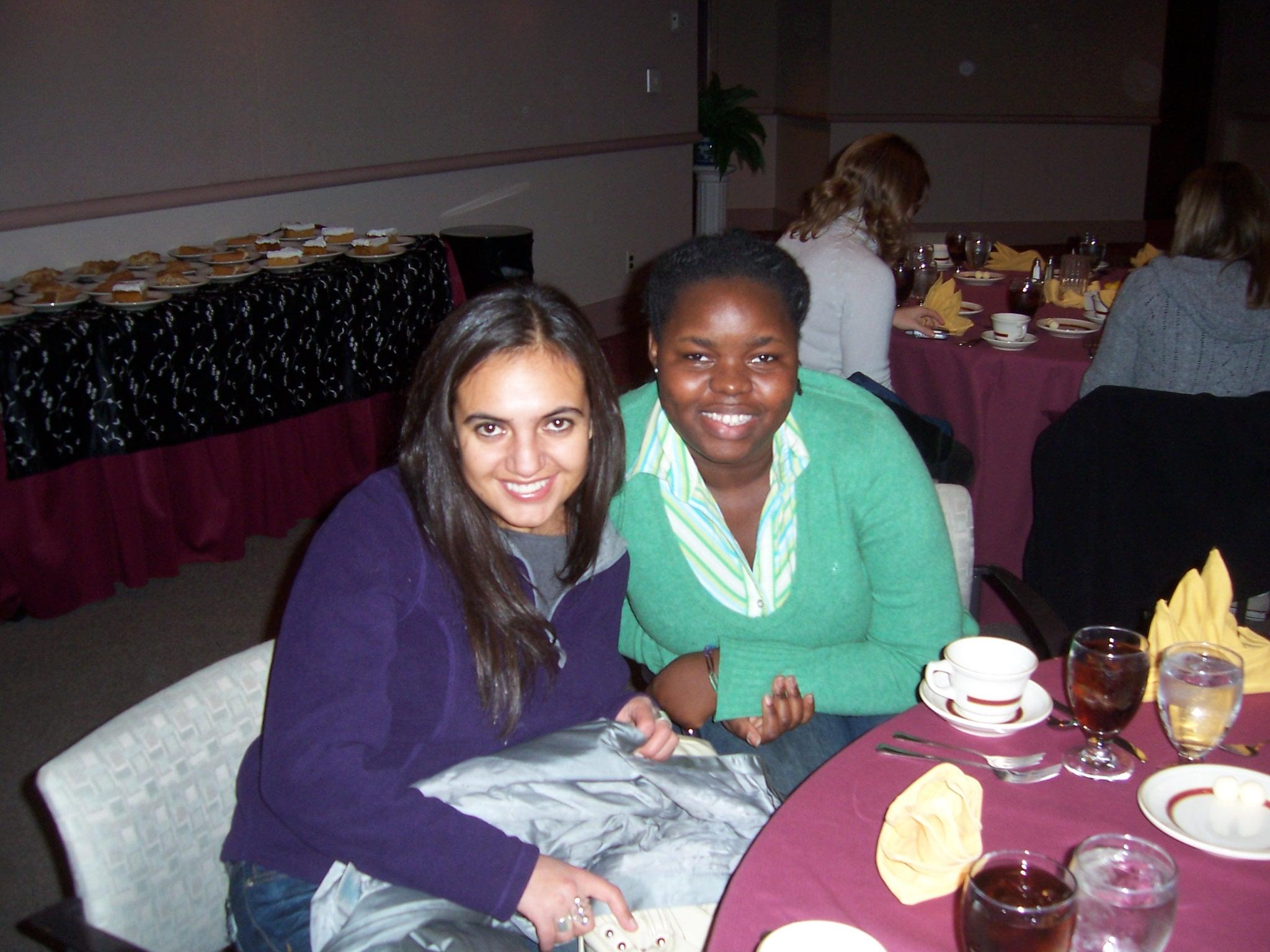Academics
Overview

Academics at Salisbury University
Center for Student Achievement
Academics in the U.S.
First impressions of academic life in the United States might be confusing; some students comment on informality of the classroom yet high demands of the professors. The American educational system places higher value on creativity, tolerance and flexibility rather than on tradition and respect for authority. American professors want students to respect their knowledge and opinions, but they generally prefer discussions and debates to respectful silence. Teaching styles and classroom attitudes vary greatly among faculty.
American Classroom Etiquette: There are some American student behaviors that you might find surprising or that would be considered disrespectful in your country. For example, students may sit in class with their feet on the chair or their desk in front of them. They may eat, drink, or even sleep in class! Students may interrupt lectures to ask questions or even to raise objection to what is being said. In general, none of these behaviors denotes disrespect unless done in a belligerent or aggressive manner. In fact one way in which an American student shows respect for his or her teacher is by being an active participant in class.
Teaching methods: Lecture is the primary form of undergraduate instruction at US institutions. Although attendance may not be recorded, students are expected to attend. Material covered in a lecture class may be closely related to the reading assignments or may be completely new material. Reading the material before attending class may help with comprehension of the lecture; some students choose to tape lectures, especially when they have a problem understating the teacher. You must always ask you teacher's permission before you tape a class. Some lectures include a discussion section, when students are expected to share their knowledge and opinions of the material. Other forms of instruction include independent studies, seminars or internships.
Quizzes, Tests, Examinations: US colleges and universities test students quite frequently. Students should be prepared for each class to take a "pop-quiz", and announced short test that verifies students' knowledge and their keeping up with class material. These tests may consist of short replies, longer essays, True/False, multiple choice or "fill in the blanks". If a student is having problems with testing, s/he should consult the professor, academic adviser or International Students Advisor for help.
Homework: Homework is a very important part of course work, often consisting or reading. Students should pay attention to the syllabus, handed at the beginning of each semester. Students are responsible for all assignments given by a professor orally, or described in the syllabus. Other forms of homework include research papers, presentations, or group projects.
